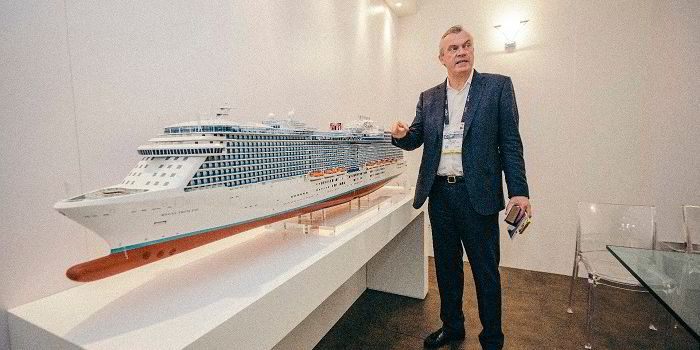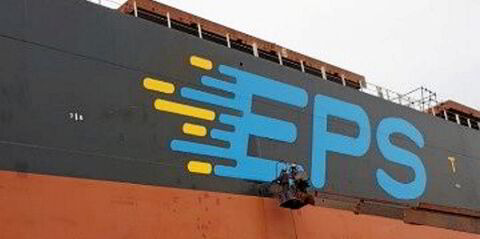Two qualified ship’s officers sit in a room in Seattle filled with computer monitors where they can oversee key information for dozens of vessels simultaneously.
When a situation becomes more involved, an incident commander is called in to set up a team to handle it in an adjacent room, a larger facility with similar capabilities to tap data across a global fleet.
This new fleet operations centre set up at the Seattle headquarters of Carnival Corp’s Holland America Group brings a new resource to share data in real time from across the fleet, allowing it to respond more quickly to issues at sea and support onboard officers and crews in new ways, says the subsidiary’s chief executive, Stein Kruse.
Carnival announced this week that it had opened the doors of the centre following the creation of the first such facility in Hamburg. A third centre will open this year at the Miami headquarters of the world’s largest cruiseship owner.
Carnival has been working to boost its fleetwide maritime safety structure, particularly after high-profile incidents in 2012 and 2013, with measures spearheaded by chief maritime officer Bill Burke, an ex-Vice Admiral in the US Navy.
Kruse says the Seattle operations centre marks the next step in a continuous evolution of Carnival’s efforts to enhance safety and incident-response capabilities.
The facility will combine real-time fleet tracking with sophisticated data analysis to boost safety and operational efficiencies. Officers will be on station in the centre 24 hours per day, seven days per week to monitor all operating vessels, engage with masters at sea and support them on any issues that involve safety, the environment, security or health.
Kruse, whose Holland America Group oversees more than 40 of Carnival’s 102 ships, says that when incident commanders are brought in for situations that go beyond those day-to-day communications, they will make a determination about the significance of an event. “The incident commander will decide what resources to bring in and from what departments,” he said.
The situations will be dealt with in the operations centre’s incident room, allowing the shoreside officers to continue monitoring the rest of the fleet.
In more serious events, incident commanders will call up the company’s emergency response organisation.
But these shoreside teams will still play a secondary role supporting shipboard officers, rather than pre-empting them.
“Our intention is not to become a Big Brother watching what’s going on,” Kruse said.
“We employ fully qualified, well-trained, experienced, licensed officers to do what they are hired to do: to operate safely, securely, professionally and with complete confidence in their abilities.”



